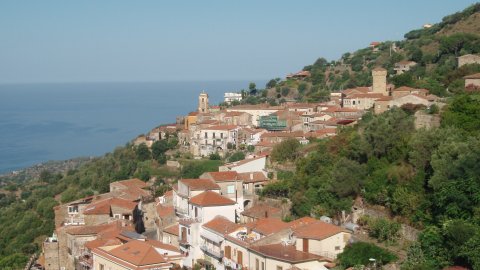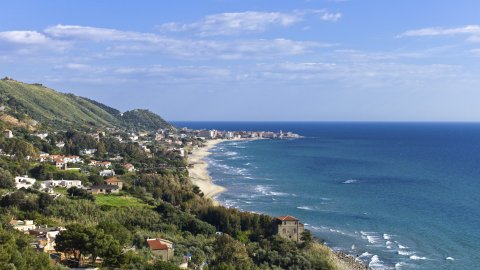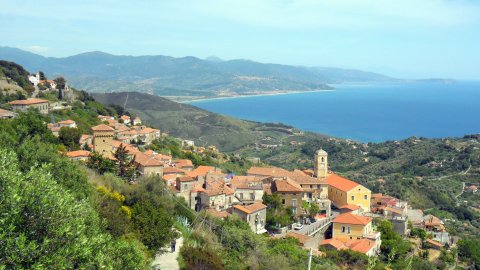Flows on Homogeneous Varieties
Abstract
The so-called Ax-Lindemann theorem asserts that the Zariski closure of a certain subset of a homogeneous variety (typically abelian or Shimura) is itself a homogeneous variety. This theorem has recently been proven in full generality by Klingler-Ullmo-Yafaev and Gao. This statement leads to a variety of questions about topological and Zariski closures of certain sets in homogeneous varieties which can be approached by both ergodic and o-minimal techniques. In a series of recent papers with E. Ullmo, we formulate conjectures and prove a certain number of results of this type. In this talk I will present these conjectures and results and explain the ideas of proofs




